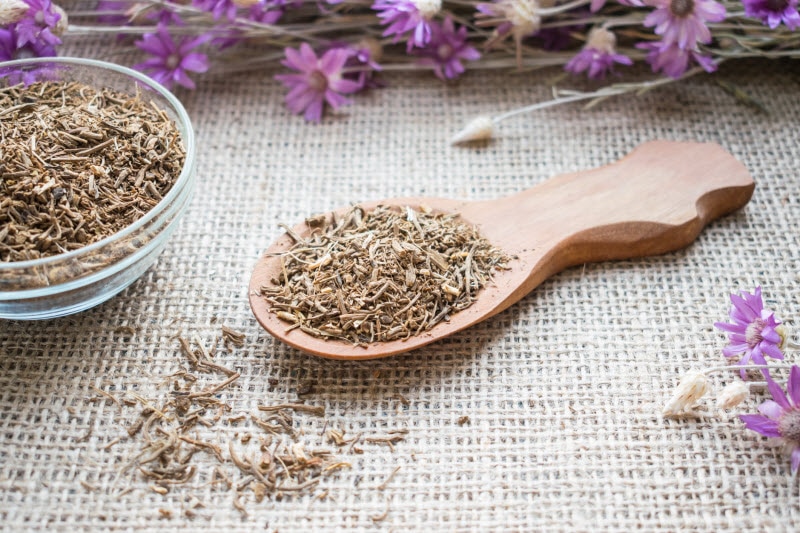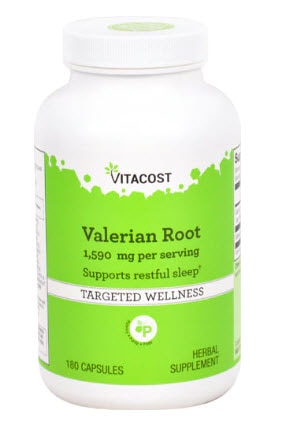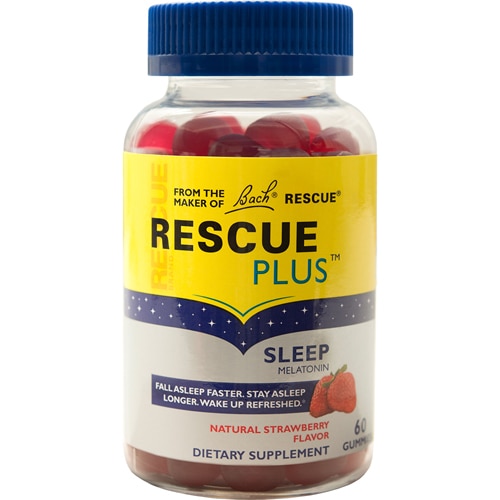You’ve tried it all—lavender sprinkled on your pillow, fasting after 7 p.m., eliminating electronics in your bedroom – and yet you still can’t get
a good night’s rest. While a balanced lifestyle – minimal alcohol, a healthy diet, moderated-stress, and plenty of exercise – tends to encourage deep, rejuvenating sleep, you might need something more for serious shut-eye.
†
To the rescue?
Valerian. Used for over 2,000 years for health purposes, the herb has traditionally been called upon to promote calmness and, yes,
rest. Read on to find all about this ancient, revered plant.

What is valerian?
Valerian – formally known as
Valeriana officinalis – is a perennial native to Europe and parts of Asia. Ancient Greece, Rome and China are just a few of the places that called upon it for a variety of reasons, and Hippocrates touted its wonders.
Why? Because its root contains heaps of compounds that have been linked to wellness. (Indeed, its name translates to the Latin verb ‘to be strong and healthy.’) In our modern era, it’s a common ingredient in a number of
sleep aids, in that it naturally supports restful sleep.
†
How does valerian root work?
Those aforementioned compounds include the volatile oils valerenic acids, sesquiterpenes and valepotriates (or esters of short-chain fatty acids), all of which may produce a calming effect on the nervous system. In addition, valerian contains
linarin, a flavonoid that organically fosters a sedative effect.
†
Valerian extract, meanwhile, has gamma-amino butyric acid (GABA), a naturally-occurring amino acid that operates as a key inhibitory neurotransmitter in your brain. Translation? “It blocks, or inhibits, certain brain signals and decreases activity in your nervous system,” Healthline reports, thereby potentially promoting restorative sleep.
†
How long does it take valerian to work?
Research suggests that you should take 300-600 milligrams of valerian thirty minutes to two hours before bedtime. That being said, other studies suggest that you may need to take valerian continually for up to four weeks before you’ll feel an effect.
†
Are there any valerian root side effects?
Although valerian is believed to be safe for temporary, short-term use, it may cause side effects, including headache, mental dullness, excitability and uneasiness. And while it’s usually not followed by a groggy morning-after, some people report feeling sluggish (especially when it’s taken at higher doses).
Does it interact with other medications?
Given that valerian may have a tranquilizing effect, it should absolutely not be taken with alcohol or sedative medications, such as Xanax, Ativan and Valium. Additionally, valerian may delay the ability of your body’s liver to break down some medications, while the National Institutes of Health reports that valerian may have adverse side effects when taken with the dietary supplements kava, St. John’s Wort and melatonin.
In other words? Consulting with your primary care physician or naturopathic doctor first.
Say I get my doctor’s approval — where can I find it, and what should I look for?
A number of retailers sell valerian – including Vitacost – but not all products are created equal. Given that valerian is a
dietary supplement, it’s regulated by the FDA as a
food, not a drug. This is why it’s vital to go with a reputable seller who can guarantee its composition and ingredients.
Nature's Way Valerian, for example, comes from farms in European countries (such as Bulgaria, the Netherlands, and Poland), where the herb is believed to grow best. What’s more, it’s non-GMO, certified authentic TRU-ID (meaning, the authenticity of the plant’s DNA has been verified), and is vegan and gluten-free. K
nowing you’re taking something pure and healthy should in itself inspire a better night’s sleep.
†These statements have not been approved by the Food and Drug Administration. These products are not intended to diagnose, treat, cure or prevent disease.
Looking to step up your sleep support? Try these products available at Vitacost.com:










